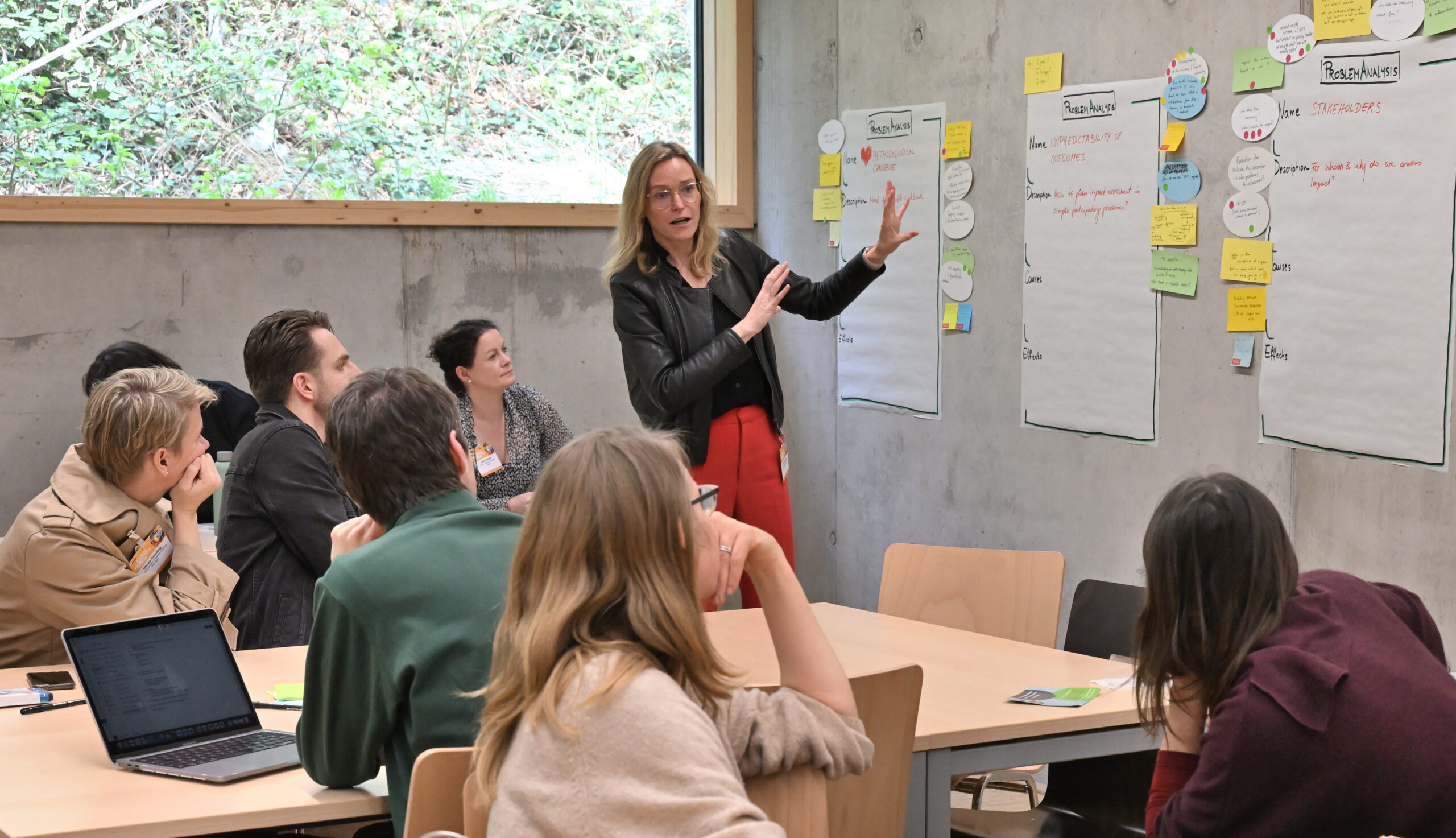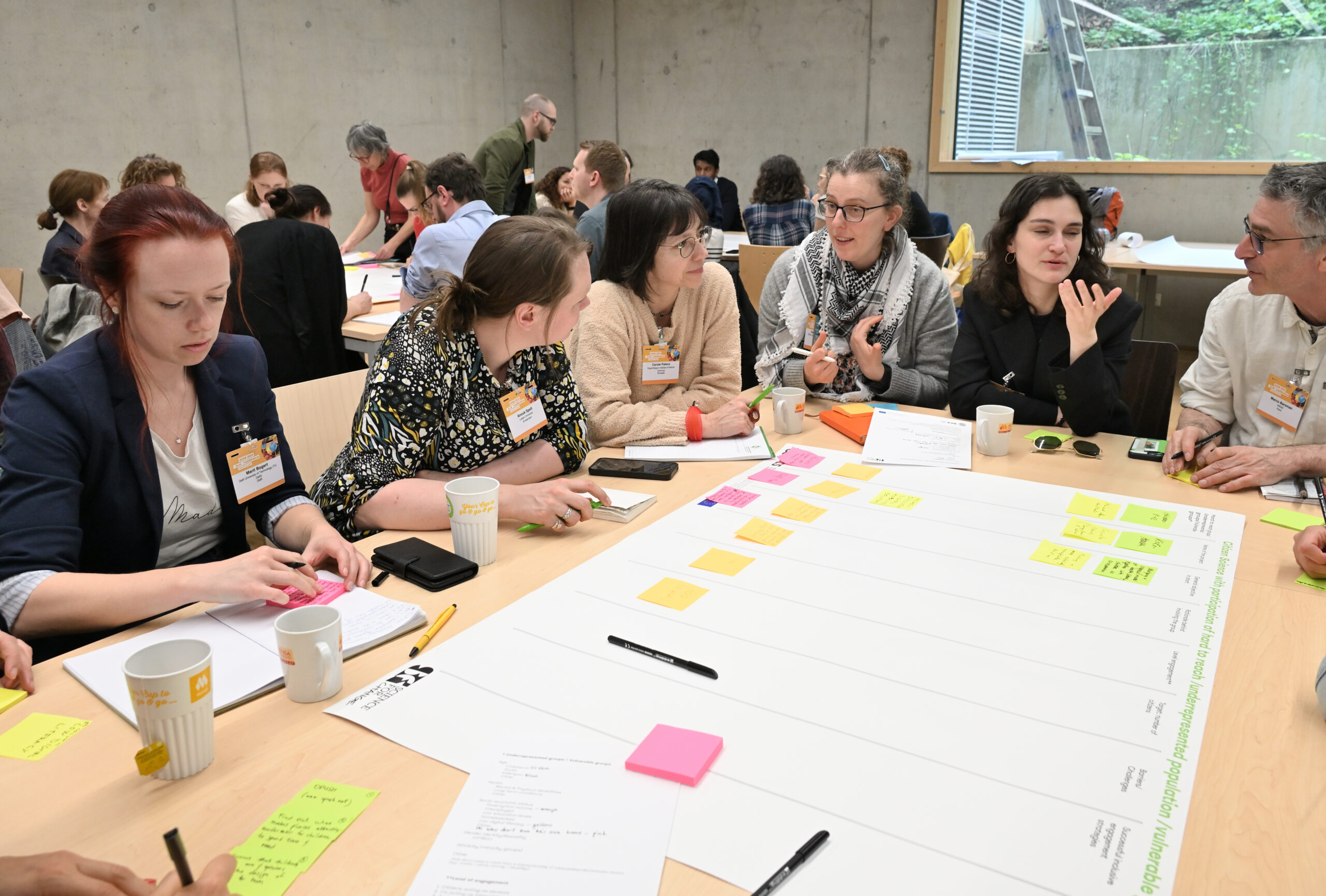Over the years, efforts have been made to showcase citizen science’s multifaceted nature and profound impact on individuals, communities, and society. Despite numerous endeavours to encapsulate this process within frameworks and furnish guidelines and tools, such as those employed by European-funded projects like ACTION, ECS, MICS, and, of course, IMPETUS, many initiatives still grapple with effectively assessing their impact.
This is due to a gap between what our models intend to measure and what we are able to actually implement in the context of our projects. Important reasons include the fact that impacts usually unfold beyond the project lifetime, and collecting the needed data from the different stakeholder groups is often a challenge with regard to time, resources, and interest. Moreover, it is crucial to find a balance between the need for data and the respect of participants and stakeholders so as to avoid an extractive approach to them.

These are some of the difficulties that emerged also during the workshop organised at the 2024 ECSA conference. Barbara Kieslinger, Stefanie Schuerz, and Teresa Schaefer from ZSI – Centre for Social Innovation organised this session with our friend and colleague Antonella Passani from T6-Ecosystems.
The workshop followed the design sprint methodology. It started by collecting the challenges related to impact assessment in CS, digging deep into these, considering different stakeholders involved in the process, and designing their personas, and then moved to the solution development phase.
Participants were very creative and generous in looking at potential solutions that took the shape of Play-Doh creations. It is interesting to notice that among the solutions, the idea of using mixed-methods approaches (so using both qualitative and quantitative tools in a synergic way) and the need for a modular approach emerged: these are two of the main features of the IMPETUS methodology for CS impact assessment that our colleagues are testing.

The workshop was also the occasion to gather interest and suggestions for an Impact assessment ECSA working group that will support CS projects on this important topic and be the “home” for further experimentations with methods and processes.
In addition to this, our partners from Science For Change also had a very busy week at ECSA, running a number of hands-on and interactive workshops, including:
- Co-designing guidelines for policy-makers,
- Boosting inclusion in citizen science research processes
- and the IMPETUS Demo Day

IMPETUS would like to extend a huge thank you to the entire organisational team at ECSA and BOKU University for putting on such a fantastic event and for being such welcoming hosts in Vienna.


